How to Bake a Cake: A Step-by-Step Guide
Follow these easy tips for success every time you bake.
Prep Ingredients
First, set out your ingredients.
First, set out your ingredients.
Measurements Matter
Take the time to be precise. Accurate measurements mean tastier results.
Take the time to be precise. Accurate measurements mean tastier results.
Bring All Ingredients to Room Temperature
Measure your ingredients while the butter and eggs warm up. Batter mixes best when ingredients are at room temperature.
Measure your ingredients while the butter and eggs warm up. Batter mixes best when ingredients are at room temperature.
Check Egg Sizes
Large eggs are the most common for baking.
Large eggs are the most common for baking.
Preheat
Preheat your oven for at least 20 minutes. Use an oven thermometer so you'll know if your oven is running hot or cold.
Preheat your oven for at least 20 minutes. Use an oven thermometer so you'll know if your oven is running hot or cold.
Oven Racks
Position racks in the center of the oven.
Position racks in the center of the oven.
Sifting
Use a mesh strainer if your recipe calls for sifting. Just tap the sides and take your time.
Use a mesh strainer if your recipe calls for sifting. Just tap the sides and take your time.
Parchment-Paper Lining
Trace the cake pan on parchment paper and cut just inside the lines.
Trace the cake pan on parchment paper and cut just inside the lines.
Butter the Pan
Butter the pan with softened butter or nonstick spray. Line the pan with parchment paper — this will help your cake release perfectly — and butter the parchment.
Butter the pan with softened butter or nonstick spray. Line the pan with parchment paper — this will help your cake release perfectly — and butter the parchment.
Flour the Pan
Coat the sides, bottom and corners of the pan, then remove excess. The butter and flour combination will help the cake come out of the pan easily once baked. Remove excess flour when prepping the pan.
Coat the sides, bottom and corners of the pan, then remove excess. The butter and flour combination will help the cake come out of the pan easily once baked. Remove excess flour when prepping the pan.
Preparing a Bundt Pan
With Bundt pans, take care to butter all the nooks and crannies, then flour the pan. You're ready to add your batter.
With Bundt pans, take care to butter all the nooks and crannies, then flour the pan. You're ready to add your batter.
Baking
Only fill the cake pan to 2/3 high. Use the center rack of the oven for even cooking.
Only fill the cake pan to 2/3 high. Use the center rack of the oven for even cooking.
Rotate the Pan
Halfway through the cooking time, rotate the pan 180 degrees.
Halfway through the cooking time, rotate the pan 180 degrees.
Done
The cake is done when it's firm to the touch.
The cake is done when it's firm to the touch.
Toothpick Test
A skewer inserted into the center should come out clean.
A skewer inserted into the center should come out clean.
Cooling
Cool in the pan on a rack for five to 10 minutes, then invert the cake onto a cooling rack. Be careful — the pan may still be hot.
Cool in the pan on a rack for five to 10 minutes, then invert the cake onto a cooling rack. Be careful — the pan may still be hot.
Bundt Cake Cooling
For a Bundt cake, invert onto a platter. Perfect baking can be a piece of cake! Watch our how-to video for more.
For a Bundt cake, invert onto a platter. Perfect baking can be a piece of cake! Watch our how-to video for more.
How to Bake a Cake 03:00
For cake bakers, here are the basics of mixing, prepping and baking.
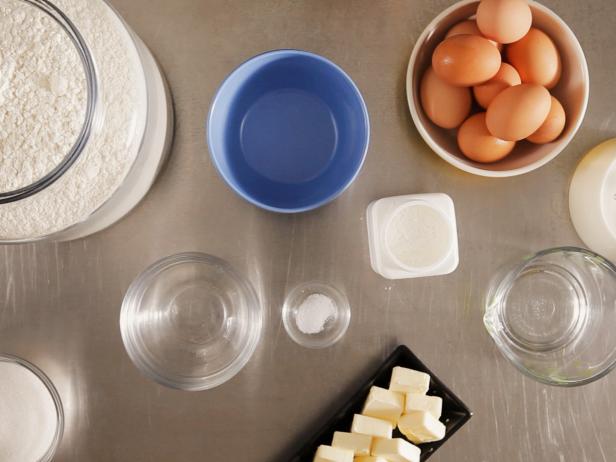
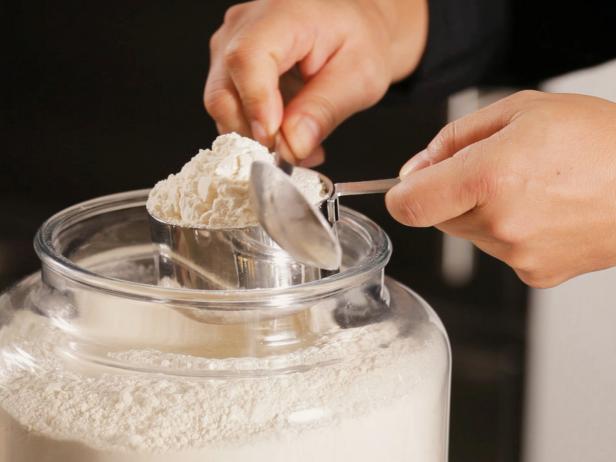
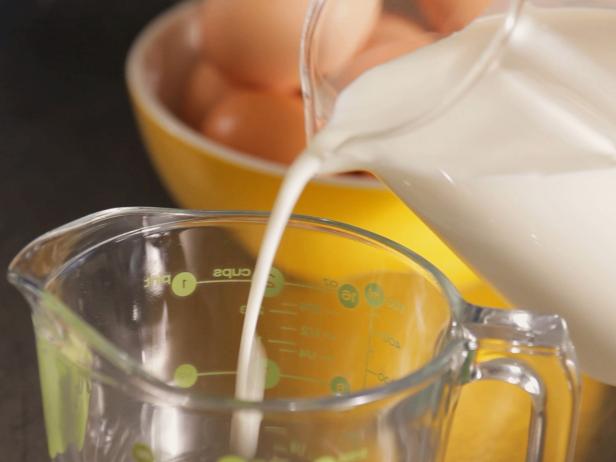
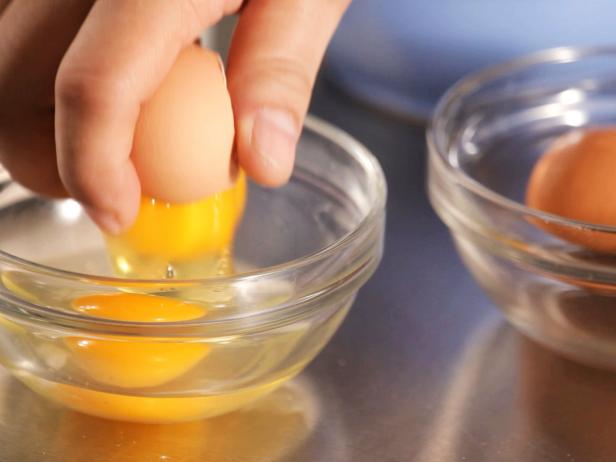
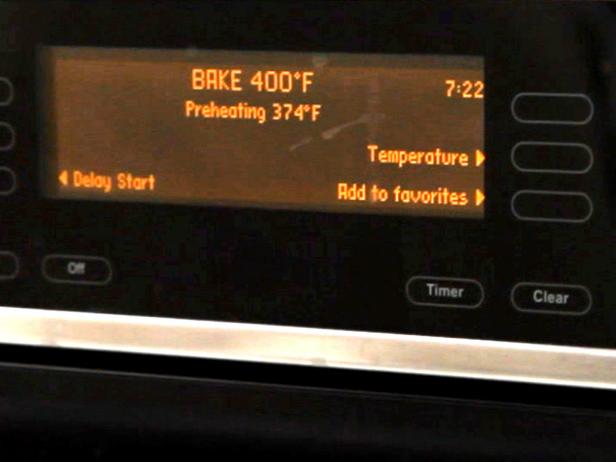
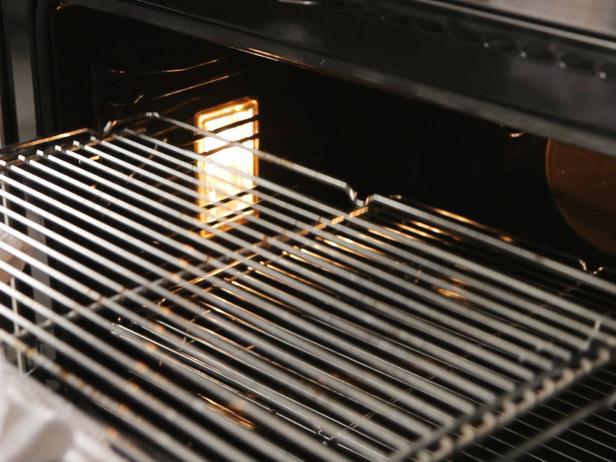
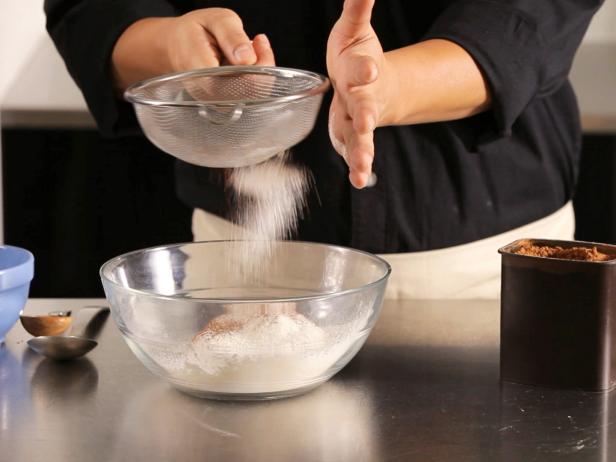
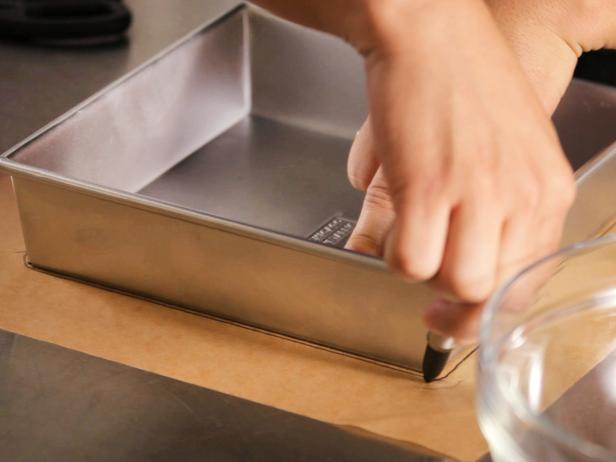
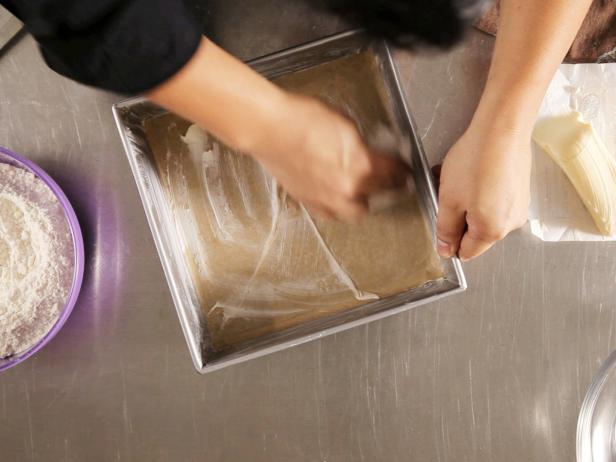
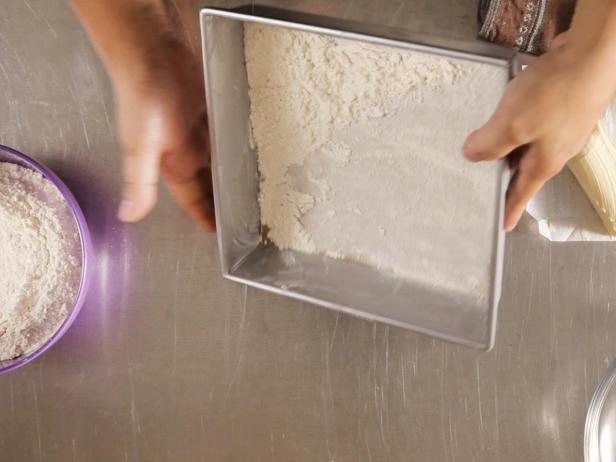
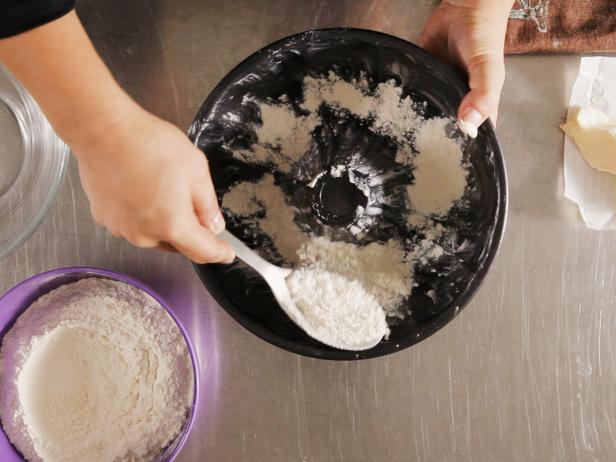
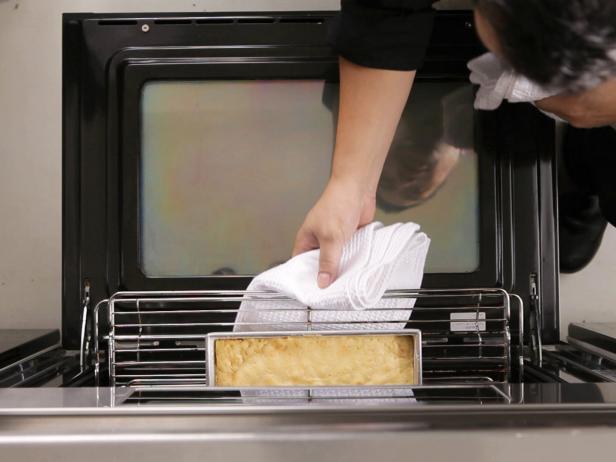
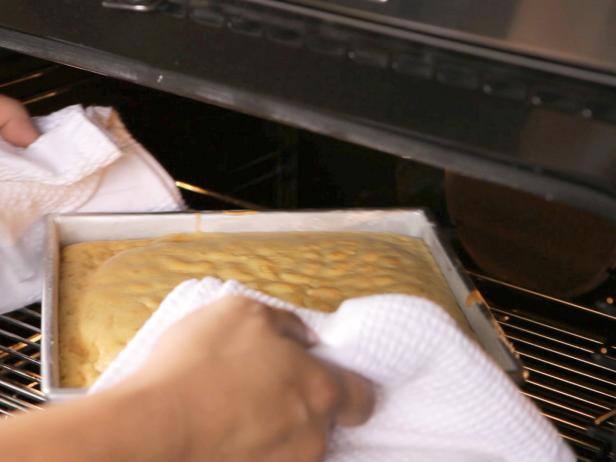
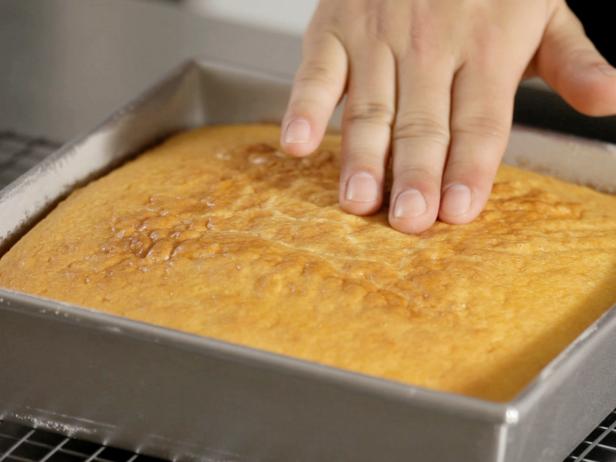
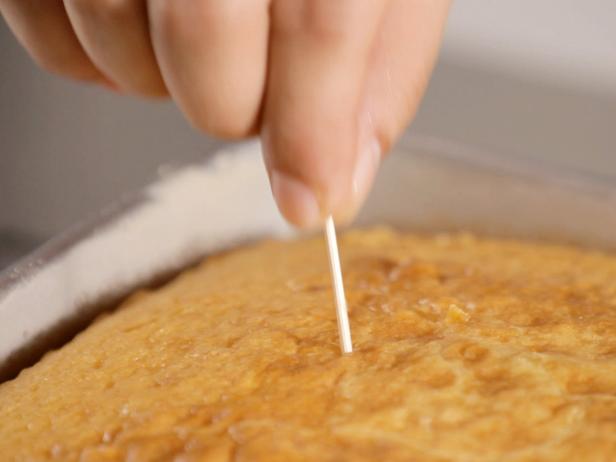
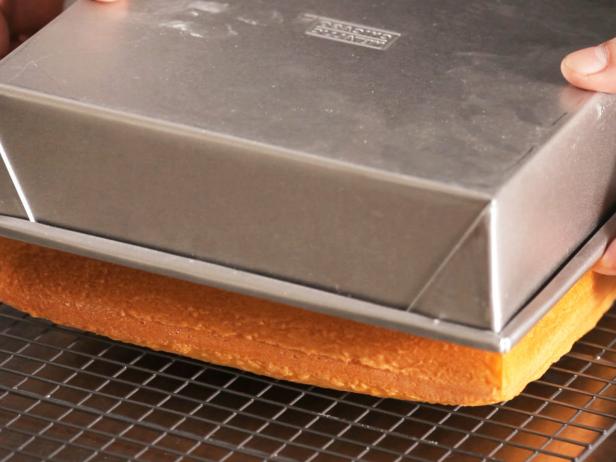
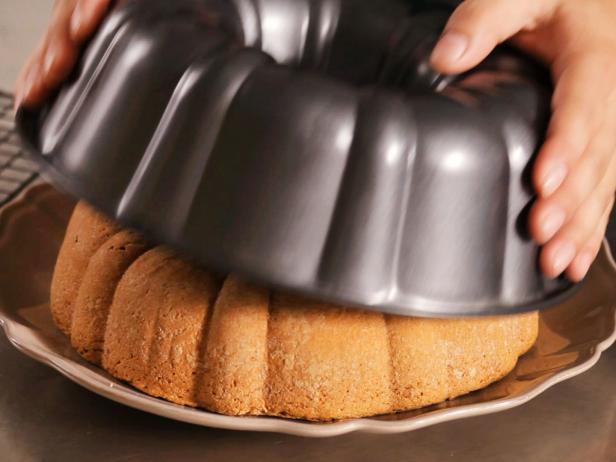
0 comments:
Post a Comment